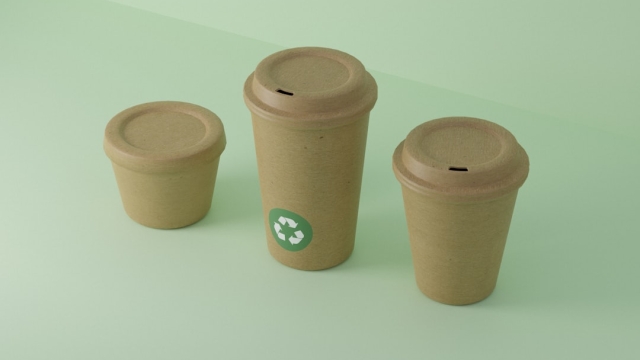Overview of Biodegradable Packaging Options
Sustainable packaging has gained significant attention as businesses and consumers alike become more aware of environmental issues. As the push for eco-friendly practices continues, biodegradable packaging solutions have emerged as a viable alternative to traditional packaging materials. These solutions not only address the need for sustainability but also align with the values of consumers who prioritize environmentally-conscious choices. In this article, we will explore various biodegradable packaging options, the benefits of their use, and guidance on selecting the right solutions for your business.
Overview of Biodegradable Packaging Options
Biodegradable packaging encompasses a wide range of materials that can break down naturally in the environment. These materials can come from renewable resources and are designed to decompose through the action of microorganisms such as bacteria and fungi. Some common types of biodegradable packaging include:
- Plant-based plastics: Derived from renewable resources such as corn starch or sugarcane, these plastics can be used to create bags, containers, and wraps that are designed to break down more naturally than traditional petroleum-based plastics.
- Compostable materials: These materials are specifically designed to break down in a composting environment, turning into nutrient-rich compost. Examples include certain types of paper, cardboard, and bioplastics.
- Biodegradable films: Often used for food packaging, these films can provide a protective barrier while being more environmentally friendly compared to conventional plastic films.
- Natural fibers: Packaging made from materials like bamboo, jute, or hemp can be both biodegradable and compostable, providing a sustainable option for various applications.
Benefits of Using Biodegradable Materials
The transition to biodegradable packaging solutions offers numerous advantages for both businesses and the environment. Some key benefits include:
- Environmental impact: Biodegradable materials help reduce plastic waste in landfills and oceans, contributing to cleaner ecosystems and a healthier planet.
- Consumer appeal: As sustainability becomes more important to consumers, businesses that adopt eco-friendly packaging can enhance their brand image and attract environmentally-conscious customers.
- Compliance with regulations: Many regions are implementing stricter regulations on single-use plastics. Utilizing biodegradable packaging can help businesses stay ahead of these changes and avoid potential penalties.
- Reduction in carbon footprint: Biodegradable materials typically require fewer fossil fuels for production and can result in lower greenhouse gas emissions during their lifecycle.
How to Choose the Right Biodegradable Packaging for Your Business
Selecting the appropriate biodegradable packaging solutions for your business requires careful consideration. Here are some factors to keep in mind:
- Type of product: Consider the nature of the products you are packaging. For example, food items may require specific materials that meet safety standards while also being biodegradable.
- Environmental certifications: Look for packaging suppliers that offer materials certified by recognized standards such as ASTM D6400 or EN 13432, which signify that the packaging meets compostability criteria.
- Supplier reliability: Partnering with a reputable supplier is crucial. Research potential suppliers and evaluate their commitment to sustainability and product quality.
- Cost-effectiveness: While biodegradable options may sometimes be more expensive than traditional packaging, consider the long-term benefits, such as reduced waste disposal costs and increased customer loyalty.
In conclusion, biodegradable packaging solutions present a promising approach for businesses looking to enhance their sustainability practices. By understanding the various options available, recognizing the benefits of these materials, and carefully selecting packaging that aligns with their products and values, businesses can play a significant role in reducing environmental impact. For those interested in exploring specific products related to biodegradable packaging solutions, comprehensive resources are available to assist in this transition.

